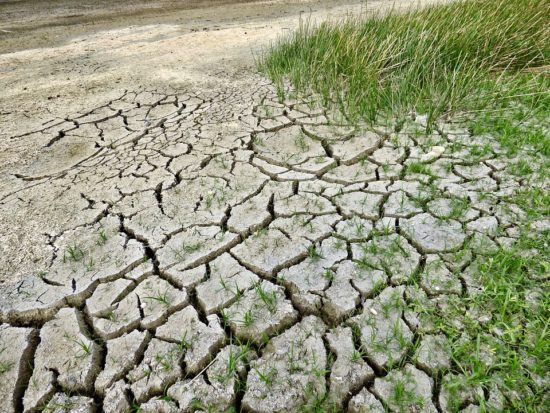Antimicrobial Resistance: The hidden global crisis in the shadow of climate change
There are links between two major global crises: climate change is contributing to worsening rates of antimicrobial resistance. Jillian Sprenger discusses the need for increased global collaboration on both political and scientific levels to address these issues.
While AMR is clearly an existential threat, only recently are its direct links to the climate crisis becoming clear. AMR does not exist in isolation: it is in fact worsened by the effects of climate change. As the planet warms, the biological processes that underpin bacterial evolution accelerate. This allows bacteria to divide and reproduce more quickly. In the simplest terms, the production of more bacteria leads to a higher chance of developing resistance. Unfortunately, the impact of climate change on AMR goes even further than this. Disaster-related population displacement (such as that experienced as a result of severe flooding or drought) can lead to conditions of overcrowding and poor sanitation, which is also known to increase infection rates and therefore antimicrobial resistance. As the climate crisis worsens, so too will AMR.
AMR NEWS
Your Biweekly Source for Global AMR Insights!
Stay informed with the essential newsletter that brings together all the latest One Health news on antimicrobial resistance. Delivered straight to your inbox every two weeks, AMR NEWS provides a curated selection of international insights, key publications, and the latest updates in the fight against AMR.
Don’t miss out on staying ahead in the global AMR movement—subscribe now!







